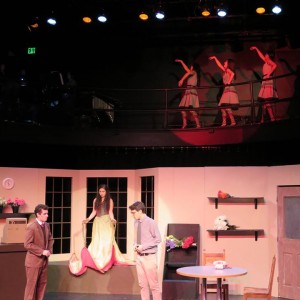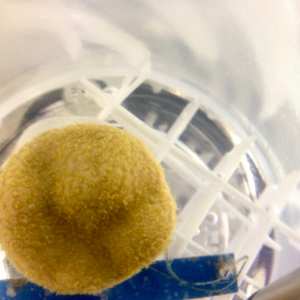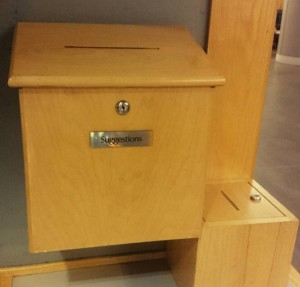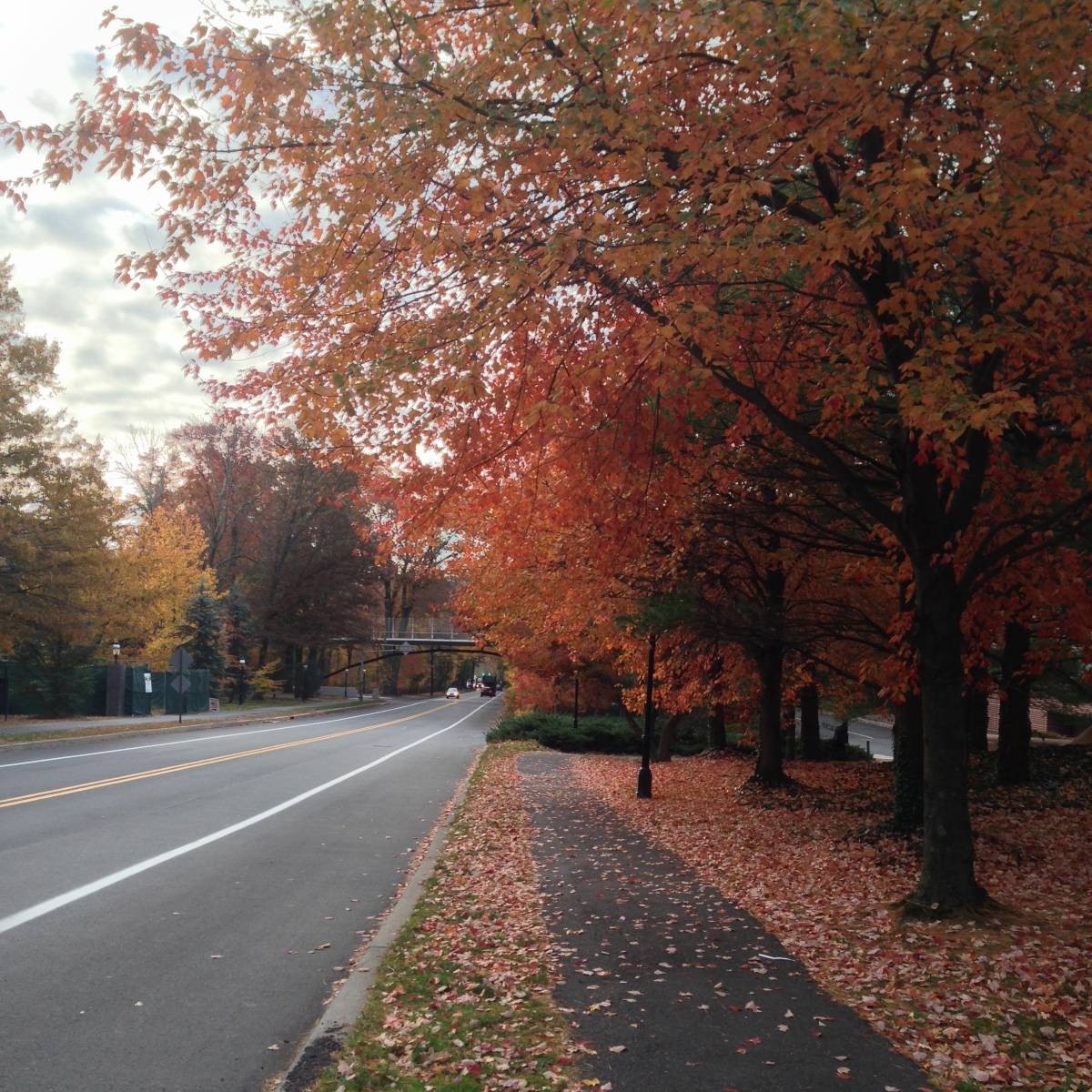The basement of the Lewis Library Fine Hall Wing is quiet.
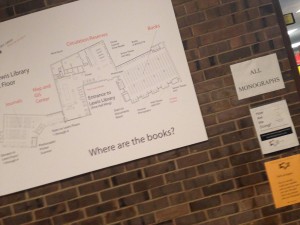
There aren’t many books down here, and the ones that are here don’t seem to have many readers. There are dim-lit shelves of dusty periodicals, and tomes with titles like Essential Entomology: An Order-by-Order Introduction (a book I actually borrowed for a project last semester).
And then there are the theses, and these are something else. For sophomores looking at concentration selection, theses give a true sense of what it means to be part of a given department at Princeton. Even simply flipping through titles can give a distilled, unbiased sense of the type – and diversity – of work that students in each department undertake.

As a junior, I went to the archives this week under the pressure of an impending deadline for my EEB thesis funding application. In the black-bound books, I felt optimism and excitement, a sense of both broad possibility inspired by all my peers have done, and realistic scope that comes from the recognition that these books are finite, and that writing one is possible.
Continue reading I went to the senior thesis archives. Here’s what I found.


